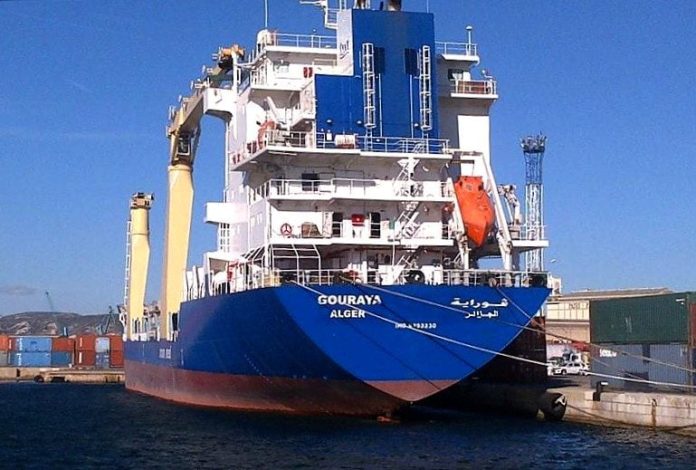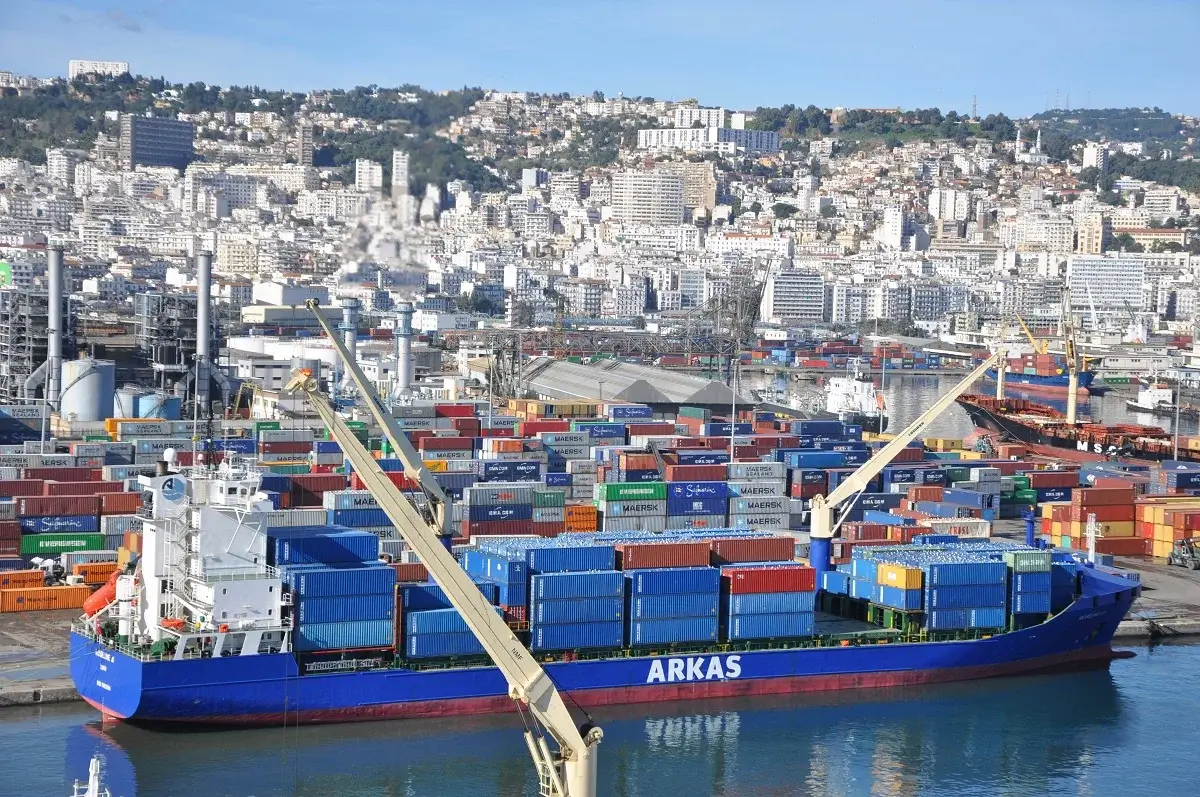
- The entirety of Algerian legislation and regulations of an economic nature.
- Full access to the legal texts search engine.
- Links and historical context of legal texts.
- Consultation of the original PDF reference,... and much more.
- Periodic email alerts for new legal texts.
- Have full access to all articles, analyses, and studies on the Expert Advice page.
- Receive our business manager’s advice upon request.
- Be the first to know about any new business opportunity.
- Have full access to the whole Business Environment page items.

Are you already a subscriber? Log in to access your account















